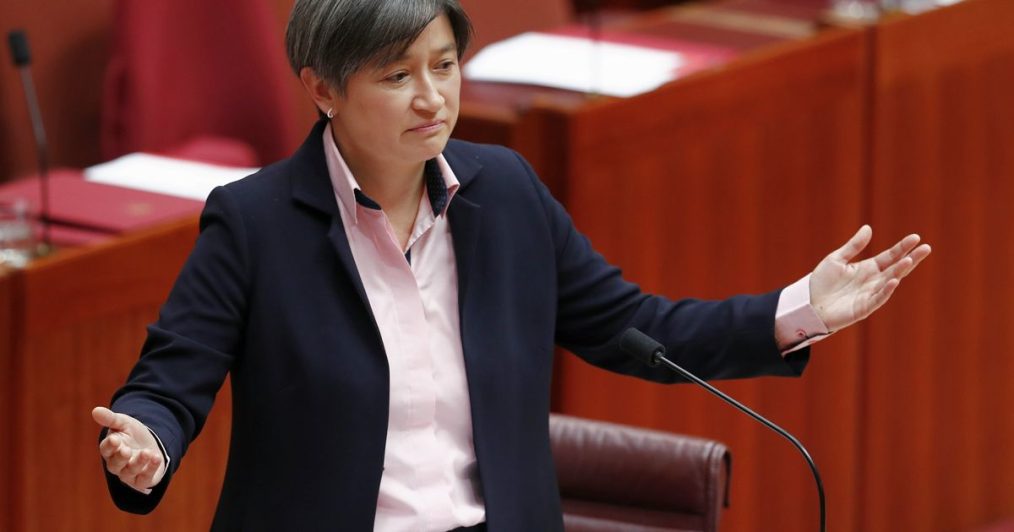 DVA collaborates with health providers and other organisations to deliver services and benefits for veterans and families. We do our best to assist veterans and families to navigate these benefits for their health and wellbeing.
DVA collaborates with health providers and other organisations to deliver services and benefits for veterans and families. We do our best to assist veterans and families to navigate these benefits for their health and wellbeing.
We’ve heard from veterans that some third-party organisations and providers are contacting them directly. These organisations might have the word ’veteran’ in their business name or when describing their services, and use what’s called ‘direct marketing’ tactics. This includes contacting veterans by phone, email, on social media and even in person. Sometimes they might even suggest they are ‘DVA sponsored’ or contacting you on behalf of DVA.
This type of marketing is a highly targeted form of advertising that can look like you might be clicking on a link to get more information or enter a competition. However, you may actually be consenting to share or store your personal details on a data base.
For veterans who are targeted, direct marketing by its nature can solicit feelings of confusion and concerns about privacy. Veterans might wonder, how did they get my number – how do they know I am a veteran – does DVA fund the services they are offering?
You’re not alone if you’ve experienced uninvited telephone calls, junk pamphlets filling your letterbox, or junk emails that are cluttering your email inbox. Maybe you’ve seen an influx of ‘sponsored’ posts or spam messages across your social media accounts?
Health and wellness is a multi-billion-dollar industry in Australia. So, it’s no surprise that direct marketing is a popular tactic used by third-party organisations and providers to connect with existing, and attract new, veteran clients.
While direct marketing is not illegal, all consumers, including veterans, do have rights. There are some tactics that you can use to protect your information from direct marketers, which are important to know:
- If you aren’t sure how someone got your contact information – ask them, they have to tell you.
- Did you know that if a potential provider cold calls you, they must hang up if you ask them to?
- Regardless of how you’ve been contacted or how information is relayed, it is against the law for businesses to mislead consumers. This includes suggesting contact has been made on behalf of DVA. It makes no difference if they ‘intended’ to mislead you or not.
- Did you know you might be giving consent if you click on an image or links on social media, giving others access to your personal information such as your email address, phone number, as well as your location, even your likes and interests?
- If you don’t know who has contacted you, don’t share your personal information or discuss your health and wellness needs, regardless of whether it is over the phone, online or even in person.
- DVA will never refer you to or send you links to a provider or organisation without your consent.
Always be careful not to share your personal information with people you don’t know. If you have health concerns, the best person to talk to is your GP who can refer you to seek support and care from other health professionals. Your GP is the only one who can refer you to an allied-health provider to seek treatment for through your Veteran Card.
To learn more about Veteran Card entitlements and about DVA-funded health services, you should visit the DVA website or call 1800 VETERAN (1800 838 372).
The Australian Competition and Consumer Commission (ACCC) is Australia’s national competition, consumer, fair-trading and product safety regulator. Visit www.accc.gov.au to find out more about your rights as a consumer. If you have been scammed, we encourage you to report the scam to Scamwatch.











